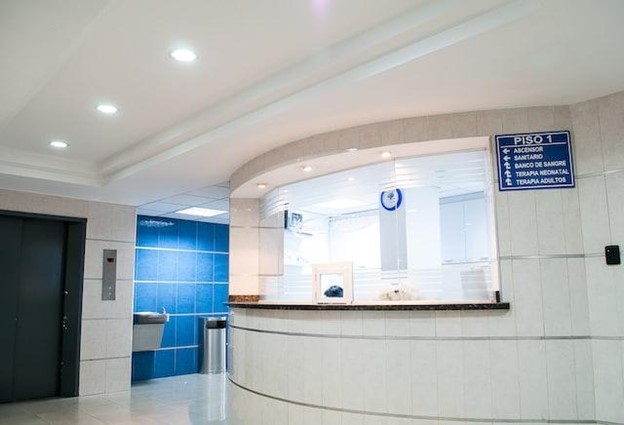A hospital’s success is crucial to its overall performance and the happiness of its patients. Satisfied patients are happy people who are more likely to use a hospital’s services, and satisfied employees have higher morale, all of which contribute to the hospital’s ability to expand. It significantly impacts every facet of a hospital, from revenue to morale to patient satisfaction to rankings.
Increased patient satisfaction can boost a hospital’s reputation and make it more appealing to prospective patients. The health center’s success is more crucial than ever before. But what factors lead to the hospital’s success, and how does a hospital raise the satisfaction level of its patients? In this article, you’ll find all the information you require. Let’s look at the six success factors of a hospital facility.
1. Wait Time
The patient’s wait duration before being seen also significantly impacts their overall satisfaction level. Patients often report that the waiting room is the most stressful part of their hospital stay. Many studies have shown that keeping patients waiting (either for an appointment, test results, or a return phone call) can harm their overall experience.
Patients who have extended wait times after being on time for their appointments can become frustrated with the medical system. Lack of punctuality is seen as disrespectful to patients by many. It’s a sign of inefficiency, laziness, and a lack of dedication to the task at hand.
2. Participatory Action
Healthcare outcomes, patient satisfaction, and staff retention are enhanced when hospital staff is actively involved in patient care. Engaging personally requires taking the time to learn about the patient, asking questions, and showing sympathy. Sometimes healthcare business process outsourcing is essential to help streamline the processes further for the workers.
With the help of a caring practitioner, patients can relax and feel at ease. By interacting with them, we can better demonstrate our willingness to aid our patients, ultimately benefiting their hospital experience.
3. Convenience
The success of a hospital is greatly influenced by how convenient it is. So, what exactly does “convenience” entail in a healthcare setting? Convenience could refer to different factors, such as the ease with which patients can contact a doctor, schedule appointments, find answers to their questions, etc.
Customers have better things to do than wait on hold or experience a sluggish website while trying to schedule an appointment or access their test results. The success of a hospital increases dramatically when patients can easily access its care.
4. Understanding and Being Understood
To feel like their doctor gets them is one of the most important things for a patient when receiving medical care. They expect their doctor to comprehend the physical nature of their condition and the range of sentiments accompanying it.
In healthcare, it’s always better when doctors and nurses take the time to learn about their patients’ backgrounds. An essential part of making patients feel cared for is showing them that their healthcare professional understands them without passing judgment.
There are various ways to indicate that you appreciate a patient, such as by becoming acquainted with them, asking them about their lives, sharing jokes and laughter, and laughing and smiling alongside them.
5. Confidence of Workers
The mood of the staff has a significant impact on how satisfied the patient is. Remember that the entire facility has a different feel when staff morale is high. Patients’ hospital experiences might be negatively impacted when they witness staff members’ stress or low morale.
6. Kindness
Assuring that patients are heard and cared for by staff members is crucial. When staff members have a pleasant demeanor and treat patients respectfully, it’s almost as if they’re actively interacting with the patient.
Staff members may impact patients experiencing a challenging period by ensuring they are seen and communicating with them, even in the smallest ways. Providing this kind of care might consist of seemingly insignificant actions, such as making eye contact with a patient, exhibiting empathy, or reassuring them that you care.
Conclusion
Providing excellent medical care for a patient with the appropriate medical facilities and equipment is an essential and indispensable function of hospitals. But certain factors contribute to a hospital’s success in providing adequate medical care. To determine the best way to enhance and maximize quality healthcare, one must know the critical factors to ensure good quality within a specified healthcare facility.



